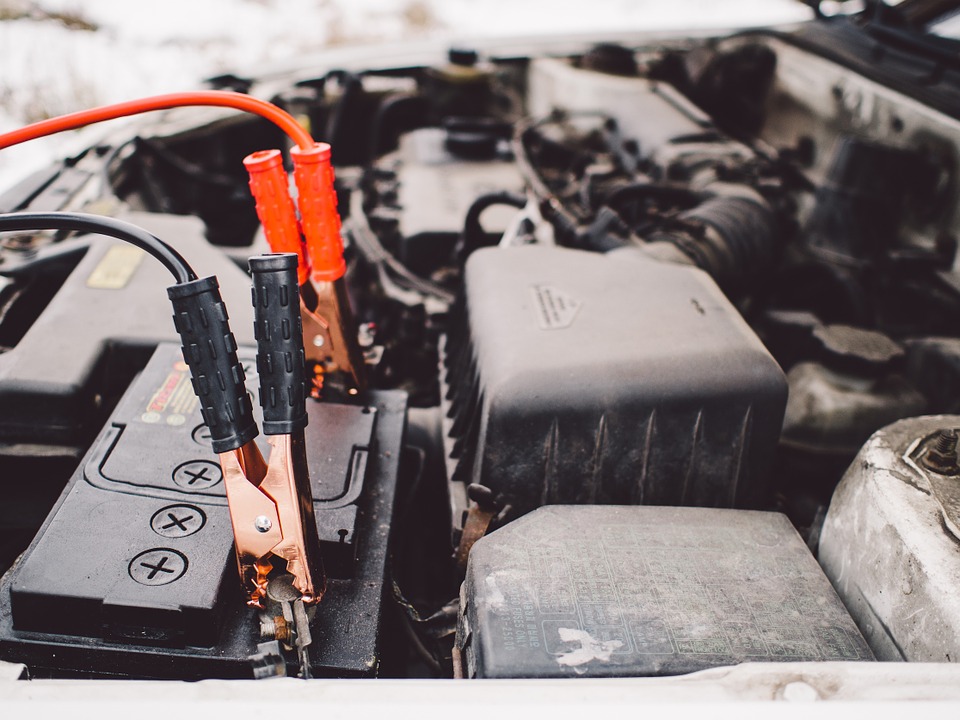The future is going to be electric for the automotive industry! Increasing popularity of battery-electric vehicles is the outcome of growing environmental concerns about harmful emissions induced by traditionally-fueled vehicles. The alarming rise in the air pollution levels triggered by the transportation sector has incurred a sea change in the way the automotive industry operates.
Consumers are consciously spurning cars with internal combustion engines, making a shift towards battery-electric vehicles. This has particularly swirled the electric vehicle battery market , as their demand is expected to reach a new high in the coming years. Electric vehicle batteries of worth nearly US$ 32 billion are likely to be utilized in the manufacturing of passenger cars, and this will certainly have a paramount impact on battery manufacturers’ strategies in the near future.
The transition from conventional fuels to electric drives is expected to disrupt the battery-electric vehicles space in terms of breakthrough technologies for making automotive lead acid batteries, and major business transactions including mergers, acquisitions, and collaborations between carmakers and battery companies. For instance, General Motors and LG Chem Ltd. recently announced to have entered a partnership to mass produce battery cells for battery-electric vehicles. While this the joint venture formed by the two companies was certainly not a shocker, but certainly induced meetings and discussion in auto giants’ boardrooms.
This article deciphers the nuts and bolts of this phenomenal joint venture and helps battery-electric vehicle manufacturers to reach insightful conclusions how it translated into emerging trends in the electric mobility industry.

The GM-LG Chem Collaboration: Reading between the Lines
General Motors (NYSE: GM) – world’s leading automaker and U.S.-based multinational corporation – and LG Chem Ltd. – a leading South Korean chemical company which is often referred to as LG Chemical – announced their collaboration on December 5, 2019.
Both the companies have introduced their joint venture that would entirely focus on mass-producing battery cells for battery-electric vehicles, amidst the rise of the electrification trend in the automotive industry.
GM and LG Chem, together, were announced to have invested nearly US$ 2.3 billion in their new, equally-owned joint venture company, and it will have its battery cell assembly in Ohio. Taking into consideration the rise of electrification of conventional automobiles, GM gauged the potential rise in demand for automotive batteries. Now, it is planning to build its own electric-vehicle battery manufacturing plant using LG Chem’s leading battery cell technology.
GM had idled its automobile factory in Lordstown, Ohio this year, to sell it to Lordstown Motors Corp., where it manufactures battery-electric trucks. Though the company had to cut many jobs during the sale, GM has promised to bring over 1,100 jobs back to the once-mighty automotive manufacturing hub with the announcement of its Greenfield battery manufacturing project. This has suddenly made the Mahoning Valley in the Northwest Ohio a technology hub for leading battery-electric vehicle manufacturing companies.
Another important factor to note here is that the company is aiming battle the challenge of high cost of battery packs with the launch of the joint venture with LG Chem. GM is planning to drive affordability in its future lineup by reaching industry-leading cost levels of battery cells, ultimately to win in the battery-electric vehicles space. However, while the company aims to manufacture high-tech and low-cost cells for making battery-electric vehicles, its decision to join forces with LG Chem is being criticized as a late move into the battery-electric vehicles industry.
Many have reprimanded the JV between GM and LG Chem by establishing the fact that GM should have made this decision when it first launched the Chevrolet Bolt, its battery-electric vehicle. Nevertheless, GM has renounced its goal to attain high profitability with the launch of its next-generation battery-electric vehicles, after years of many automotive stakeholders losing money is earlier and current models of battery-electric vehicles.
